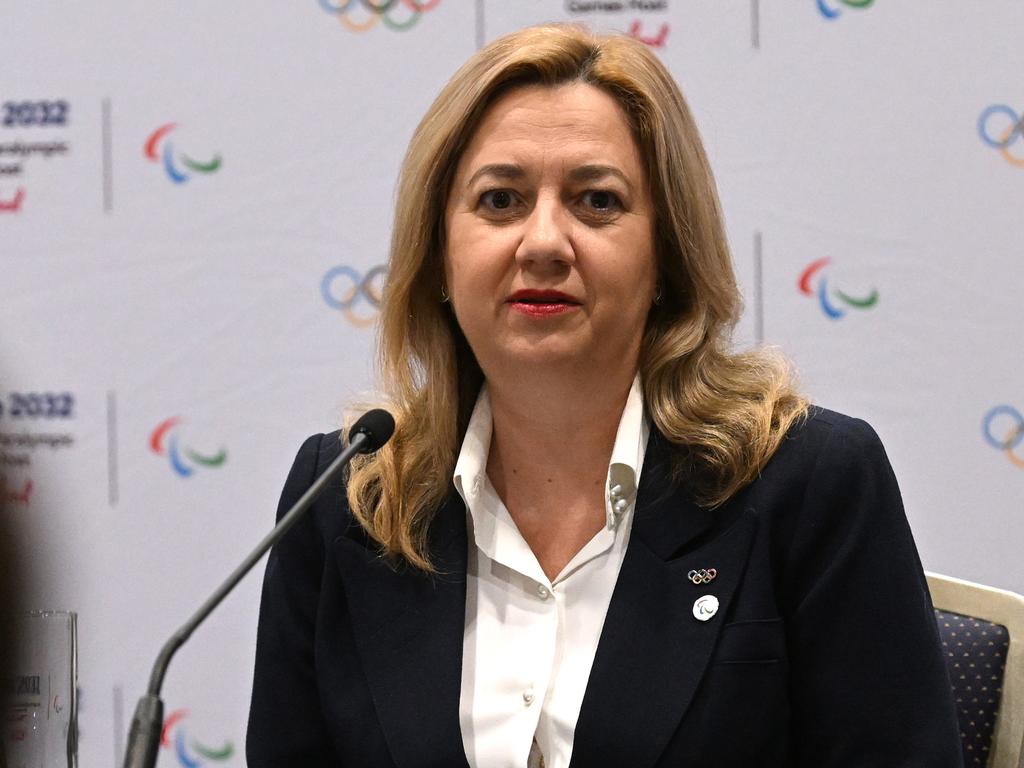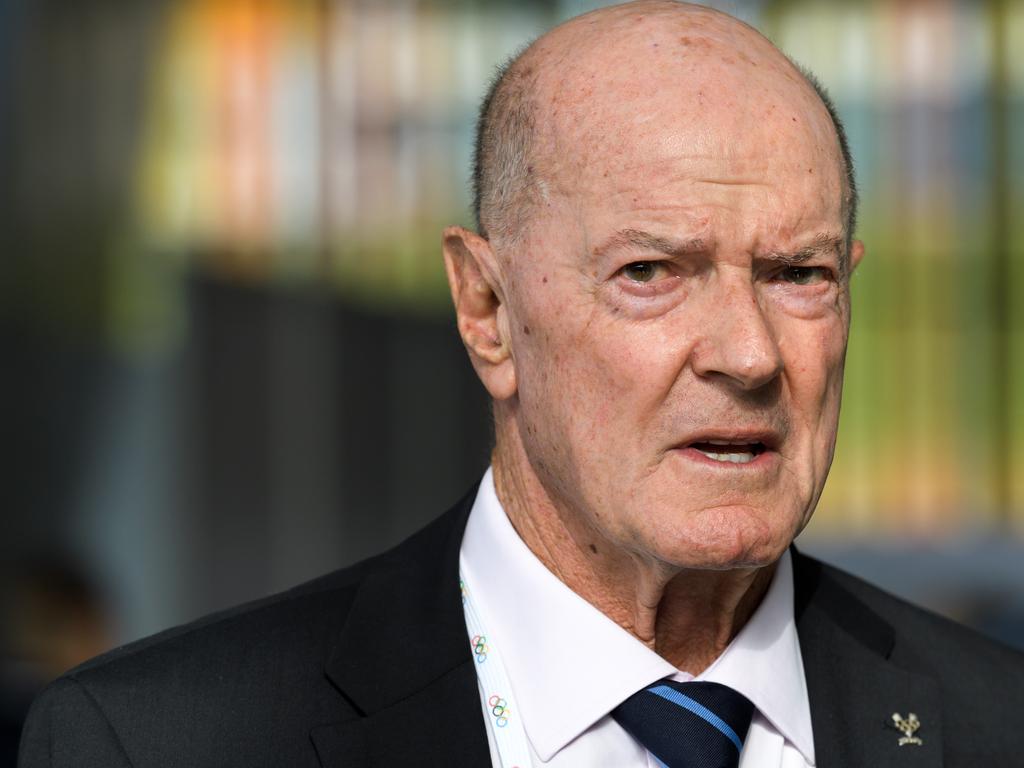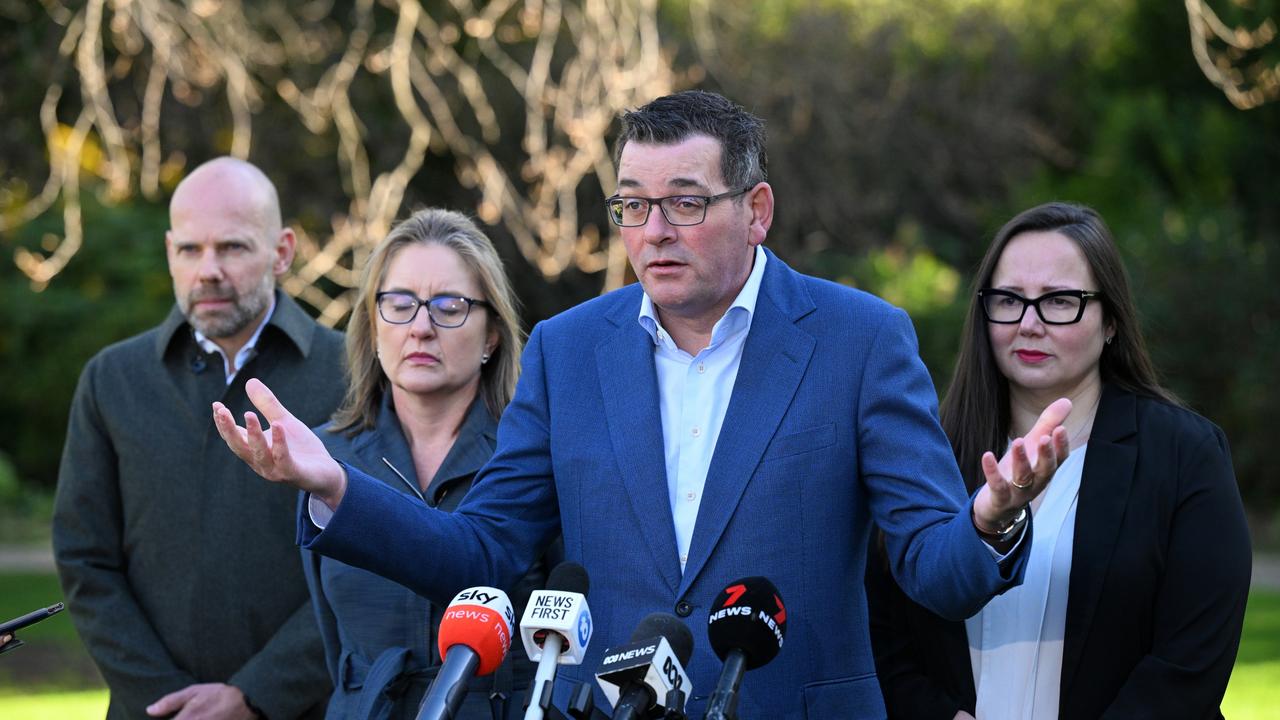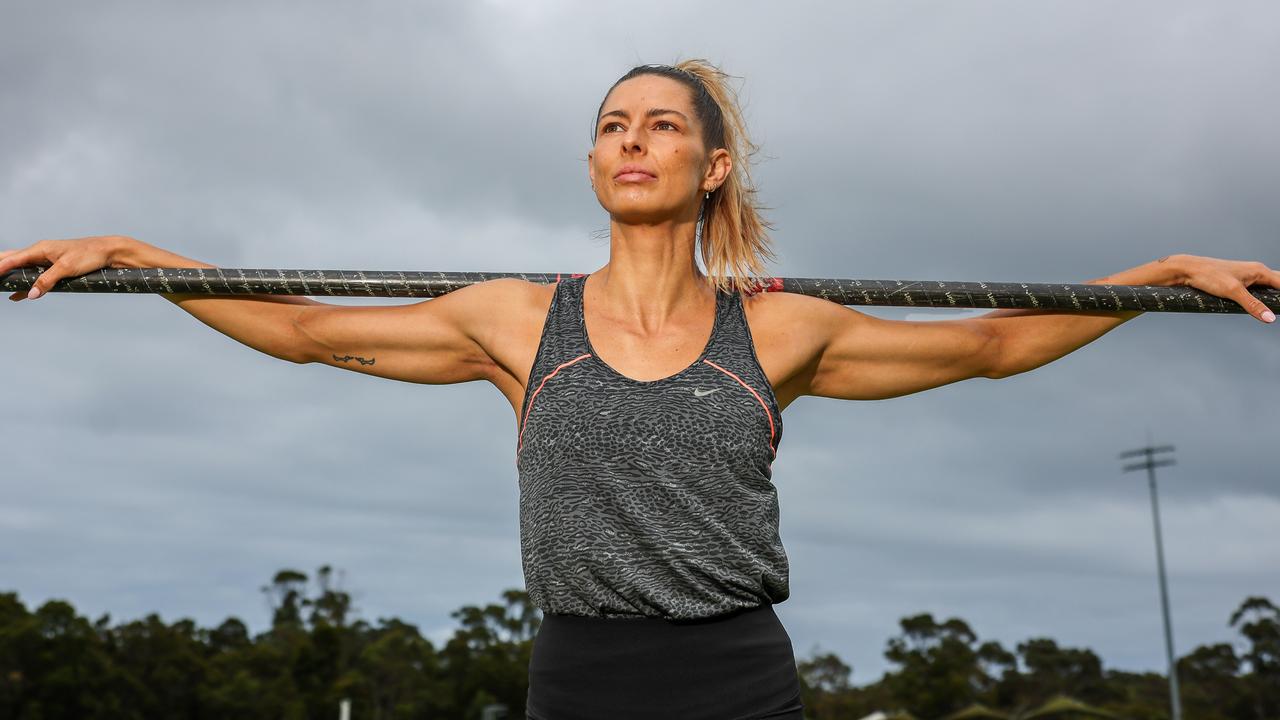$2bn shortfall sparks Commonwealth and Olympic Games fears: Craig Phillips
Elite sport faces a $2bn funding cliff that will lead to Commonwealth and Olympic Games mediocrity, a member of Victoria’s Games leadership has warned.
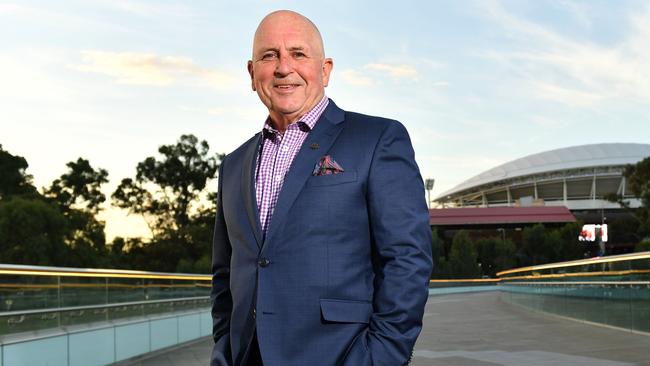
Elite Australian sport is facing an “unfathomable” $2bn funding cliff that will lead to Commonwealth and Olympic Games mediocrity unless the Albanese government acts to resolve the crisis, a member of Victoria’s Games leadership has warned.
Commonwealth Games Australia CEO Craig Phillips will on Monday call for urgent preparation funding for the Victorian 2026 Games but warned the bigger-picture run to the 2032 Olympics is also deeply uncertain without proper budget intervention.
The CGA and the Australian Olympic Committee will this week outline stark funding issues over the next decade, with analysis showing a $2bn shortfall in federal government investment in key national sports organisations. This would require $200m a year extra to help key sports perform to standards expected by the Australian community.
The CGA warns Australia could be heading to a path of mediocrity without intervention.
“The stark and shocking reality of this analysis of the federal government’s actual investment allocation to the national sporting organisations through to 2032 is that the high-performing results, which the Australian public has come to expect from its Commonwealth Games, Paralympic and Olympic teams, are not sustainable,” the CGA submission argues.
Mr Phillips said the CGA specifically wanted an urgent $10m “uplift” in preparation funding per year for the 2026 Commonwealth Games sports, which will add up to $30m.
It also wants clarity on costs associated with the Games relating to visa support, border security, counterterrorism, Customs and quarantine confirmation of certainty of funding for sports.
The CGA’s budget request is separate to the Victorian government’s bid for as much as $1.3bn for infrastructure assistance to host the Commonwealth Games in regional Victoria.
Mr Phillips says Australia’s success at Birmingham 2022 was not a fluke or due to luck.
“It took years of preparation, certainty in funding and a broad commitment from the federal government and its agencies to invest in and support program sports and their athletes as they strived to win gold for Australia,’’ Mr Phillips said.
CGA is a member-based organisation that represents the national sporting organisations.
Its budget submission says there has been no increase in federal government participation funding for six years and no increase in pathway funding for seven years.
“The systematic underfunding of Commonwealth, Paralympic and Olympic sports is a symptom of an outdated approach to how government invests in sport, with Commonwealth, Paralympic and Olympic sports being largely seen by policymakers as having a once-every-four-year window of relevance attached to their signature events,” the organisation argues.
The CGA submission argues that direct grants to member sports have reduced at the same time there have been large grants to commercial and sporting codes totalling in the hundreds of millions.
“The logic of government funding support for these commercial sports is more confounding when consideration is had to the fact that these sporting codes and franchises are also the beneficial recipients of broadcast revenue deals, literally worth billions of dollars,’’ CGA says.
“CGA contends that such arrangements do not provide value for the Australian taxpayers, but moreover that this government largesse distorts Australia’s sporting landscape, diverting resources away from Commonwealth, Paralympic and Olympic sports, which combined have the much larger participation footprint.”
The CGA’s requests come after the Albanese government poured in almost $3.5bn to the Brisbane Olympics effort but passed on the financial risks of redeveloping the city’s main stadium into an Olympic-standard venue.
Canberra will allocate $3.44bn as part of the $7bn funding package, which fell just short of the deal agreed by the former Morrison government.
Both the Victorian and federal governments are facing significant budget pressures after the pandemic. The Andrews government, which backed the 2026 Commonwealth Games in the state’s regions, is embarking on significant cost-cutting to deal with ballooning state debt.
This has placed enormous pressure on the budget and created more urgency around the need for federal assistance running the 2026 Games, which will be under way in three years.



